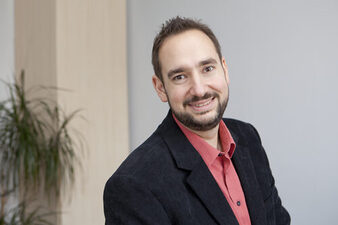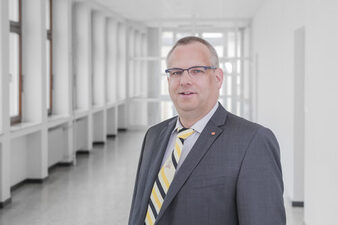About the project
The Work4CE project addresses the need for educational resources to prepare for the workplace of the future (Work 4.0). It aims to develop interdisciplinary curricula and modules and to implement new forms of (virtual) collaboration between companies and universities in order to improve the practical added value of the curricula and the employability of graduates. Collaborative and successful cooperation between teachers, industry experts and members of professional associations will promote the development of new, job-related skills for the workplace of the future (Work 4.0). This approach will bridge the gap between academia and industry in the partner countries and equip graduates with the necessary skills to master the changing world of work, assess their current starting position as well as their future plans (analysis, strategy), prepare for a sustainable working environment and consider the issues of health and safety at work and environmental protection. According to the needs analysis, Work4CE will address the following objectives:
- Ensuring education suitable for the workplace of the future (Work 4.0): As part of the nine modules, students will gain increased skills for dealing with new forms of work. The provision as OER (Open Educational Resources - freely available learning and teaching materials) makes Work4CE accessible for other Master's courses and vocational training programs.
- Graduates and specialists are trained: Work4CE, the consortium members and the master's programs guarantee a significant number of qualified workers (approx. 400 graduates per year) for the digital transformation.
- A pool of qualified teachers and experts is being built up (through the train-the-trainer concept (TtT)): The consortium members and the experts from industry form (open) communities of practice (OpenCoPs) and a competence network.
- Cooperation models are being developed for collaboration between universities and industry, leading to greater practical relevance and improved employability. The collaborative approach offers a new quality of job-related skills with rapid integration of new subject areas.
Sponsor
Funding code
Project Reference: 619034-EPP-1-2020-1-UA-EPPKA2-CBHE-JP
Funding program / Research program
Erasmus+ Key Action: Cooperation for innovation and the exchange of good practices
Action Type: Capacity Building in higher education
Cooperation/project partners
- National University "Zaporizhzhia Polytechnic" (NU-ZP), Ukraine (project management)
- Fachhochschule Dortmund University of Applied Sciences and Arts, Germany
- KU Leuven (KUL), Belgium
- Universidad del Pais Vacso (UPV/EHU), Bilbao, Spain
- Kyiv National University of Construction and Architecture (KNUCA), Ukraine
- West Ukrainian National University (WUNU), Ukraine
- Academy of the State Customs Committee of Azerbaijan (ASCCA), Azerbaijan
- Azerbaijan State Oil and Industrial University (ASOIU), Azerbaijan
- Azerbaijan University of Architecture and Construction (AzUAC), Azerbaijan


